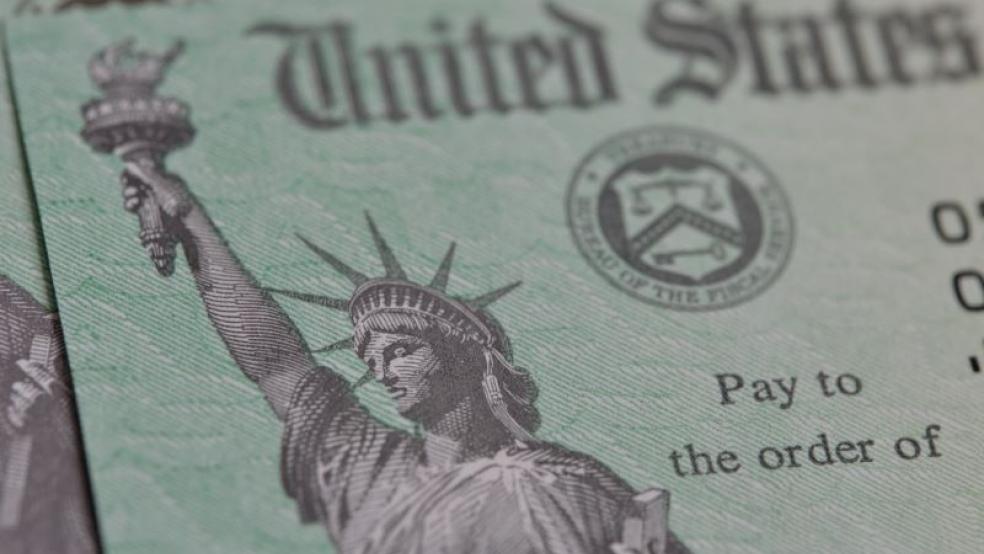By at least one key measure, the percentage of the population living in poverty fell to a record low in 2020, thanks to the unprecedented relief effort by the federal government in response to the Covid crisis, the U.S. Census Bureau announced Tuesday.
According to the Bureau’s Supplemental Poverty Measure, which takes into account the effects of a wide range of government aid programs, the poverty rate fell to 9.1% – more than two percentage points lower than the 11.8% rate recorded in 2019. That’s the lowest reading for the supplemental measure since 1967, when modern poverty records began.
At the same time, the official poverty rate – which accounts for some government programs such as unemployment and Social Security, but not others, including food aid, housing assistance, stimulus checks and tax credits – increased by 1 percentage point in 2020, to 11.4%, a remarkably small change given the enormity of the economic crisis at hand.
“It all points toward the historic income support that was delivered in response to the pandemic and how successful it was at blunting what could have been a historic rise in poverty,” Christopher Wimer of the Columbia University School of Social Work told The New York Times.
Better than 2009: The Census notes that the Covid relief programs were far more effective at cutting poverty than the aid provided after the Great Recession. By all measures, poverty rose significantly at that time, in large part because the $900 billion authorized by Congress was much smaller compared to the trillions of dollars lawmakers spent in 2020 and 2021.
The reductions in poverty were also remarkably widespread, with virtually every demographic group seeing declines in poverty rates due to government assistance.
Boosting the Biden agenda: The Census report provides more fodder for supporters of President Joe Biden’s economic agenda, which calls for extending some Covid relief programs as part of a broader effort to strengthen the social safety net.
White House economist Jared Bernstein told the Times that the data shows that these aid programs are extremely effective in reducing poverty, and worth continuing. “It’s one thing to temporarily lift people out of poverty — hugely important — but you can’t stop there,” Bernstein said. “We have to make sure that people don’t fall back into poverty after these temporary measures abate.”
Republicans, for the most part, will disagree, regardless of the data, arguing that while the programs may have made sense during a severe recession, they would, if made permanent, constitute a “reckless taxing and spending spree,” as Senate Minority Leader Mitch McConnell (R-KY) put it Monday.




